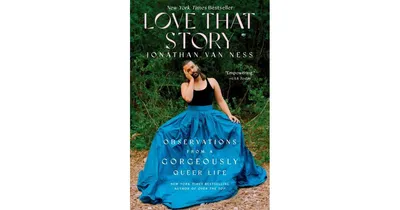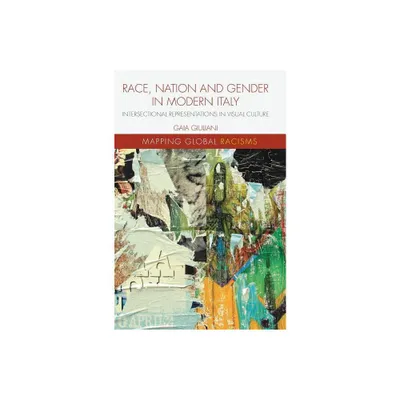Home
Fighting Feelings: Lessons in Gendered Racism and Queer Life
Loading Inventory...
Barnes and Noble
Fighting Feelings: Lessons in Gendered Racism and Queer Life
Current price: $99.00


Barnes and Noble
Fighting Feelings: Lessons in Gendered Racism and Queer Life
Current price: $99.00
Loading Inventory...
Size: OS
*Product Information may vary - to confirm product availability, pricing, and additional information please contact Barnes and Noble
An exploration of the impact of everyday racism on women of color.
Racialized women and girls often feel racial injustice before they have the words to name it. Sometimes they fight these feelings, and sometimes they use these feelings to fight. In this important and revealing book, Gulzar Charania puts the experiences of women of color at the center of her investigation, sharing how they endure everyday racism, as well as its lasting impacts and exacting costs in their lives and educational trajectories.
Fighting Feelings
highlights how the elasticity of white supremacy invites people of color to be its accomplices, how interlocking forms of oppression force racialized queer women to calibrate the risk of expressing their sexuality, and how schools and the nation inform the development of racial literacy. Charania traces the complex convergences, and inseparability, of race, class, gender, and sexuality in women’s lives, and demonstrates the divergent political horizons that racism fosters.
Racialized women and girls often feel racial injustice before they have the words to name it. Sometimes they fight these feelings, and sometimes they use these feelings to fight. In this important and revealing book, Gulzar Charania puts the experiences of women of color at the center of her investigation, sharing how they endure everyday racism, as well as its lasting impacts and exacting costs in their lives and educational trajectories.
Fighting Feelings
highlights how the elasticity of white supremacy invites people of color to be its accomplices, how interlocking forms of oppression force racialized queer women to calibrate the risk of expressing their sexuality, and how schools and the nation inform the development of racial literacy. Charania traces the complex convergences, and inseparability, of race, class, gender, and sexuality in women’s lives, and demonstrates the divergent political horizons that racism fosters.


















